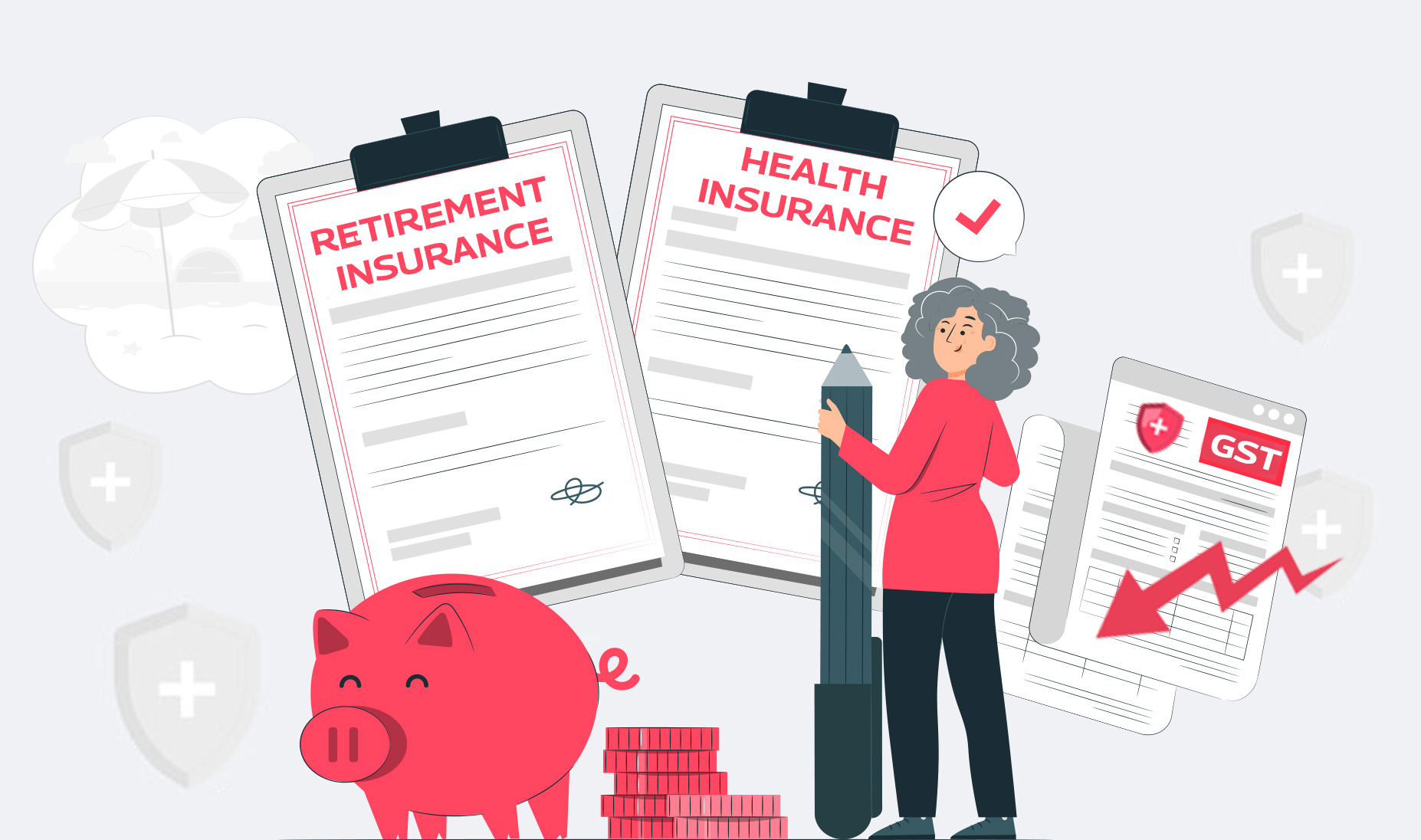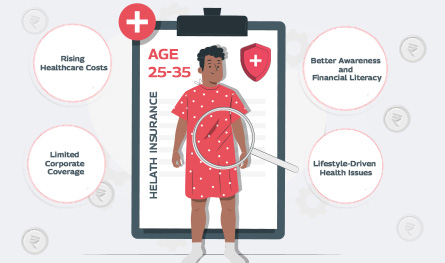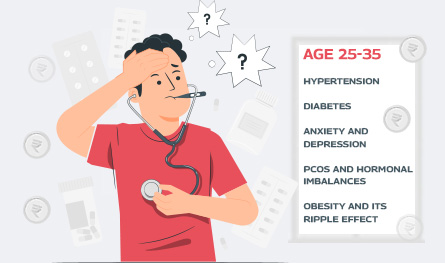Key Industry Demands
Among the primary requests from the sector is a reduction in GST rates on insurance products, currently set at 18%. The Insurance Regulatory and Development Authority of India (IRDAI) has been in talks with industry stakeholders on this matter and many have been advocating for a GST reduction to 12%. The move is also expected to make insurance policies more affordable and encourage broader insurance adoption.
The industry has also pointed out the need to amend tax exemptions under Section 80D of the Income Tax Act. The last time the deduction limits were revised was in 2015 when they were fixed at ₹25,000 for individual health insurance premiums and ₹50,000 for senior citizens.
Given the increasing cost of healthcare, there is a movement to double these limits to ₹50,000 for individuals and hike preventive health cheque-up deductions to ₹20,000 from ₹5,000. It has also proposed a separate deduction of ₹10,000 per employee [per year] for employer-sponsored health checkups.
Concerns About Insurance Penetration and Medical Inflation
The insurance penetration rate in India has marginally dipped from 4% in 2022-23 to 3.7% in 2023-24. With a medical inflation rate of around 14%, this reduction makes insurance products less attractive and accessible, requiring urgent action.
According to the National Health Account, 44.1 per cent of household health expenditures are out of pocket. The high percentage also reflects the financial burden on households, which is further compounded by the World Economic Forum's estimate of $85.4 trillion retirement savings gap India will face by 2050.
Expanding Access to Retirement Solutions
The retirement savings sector is also calling for reforms to encourage people to save for retirement. At present, there is a deduction of an extra ₹50,000 on investments made in the New Pension Scheme (NPS). Industry leaders are predicting that this benefit should be extended to annuity products, which are critical to long-term retirement planning.
Experts say that taxes on annuities and other pension-related products should be simplified or removed to encourage more people to secure their financial future. Long-term retirement security bonds are also proposed, combining insurance coverage with guaranteed returns and tax-free maturity benefits.
Aiming for Inclusive Insurance Coverage
Stakeholders have suggested zero-rating specific schemes such as Pradhan Mantri Jeevan Jyoti Bima Yojana (PMJJBY) and smaller policies with a sum assured up to ₹2 lakh for increased accessibility. Reduced taxation on insurance products [along with these measures] is expected to make insurance more inclusive, especially for underserved populations.
Tapan Singhel, Managing Director and CEO of Bajaj Allianz General Insurance emphasised the importance of these reforms: ‘Reducing GST or increasing tax deductions under Section 80D can help make insurance more affordable for the ‘missing middle’ and help build financial resilience.’ Moreover, regulating hospital pricing and services can also help to control medical inflation and provide equal access to quality healthcare.
Creating a Stronger Financial Ecosystem
The proposed changes are intended to fill critical gaps in India's healthcare and retirement sectors. The government can create a more inclusive and robust insurance landscape by reducing GST rates, widening tax exemptions, and introducing products such as retirement bonds. Beyond financial security, these measures are consistent with broader goals of economic resilience and social well-being.
Source Link: https://www.telegraphindia.com/business/lower-gst-rates-revise-tax-exemption-on-health-insurance-premium-insurance-sector-airs-demands-in-union-budget/cid/2075682
.png)




.png)



